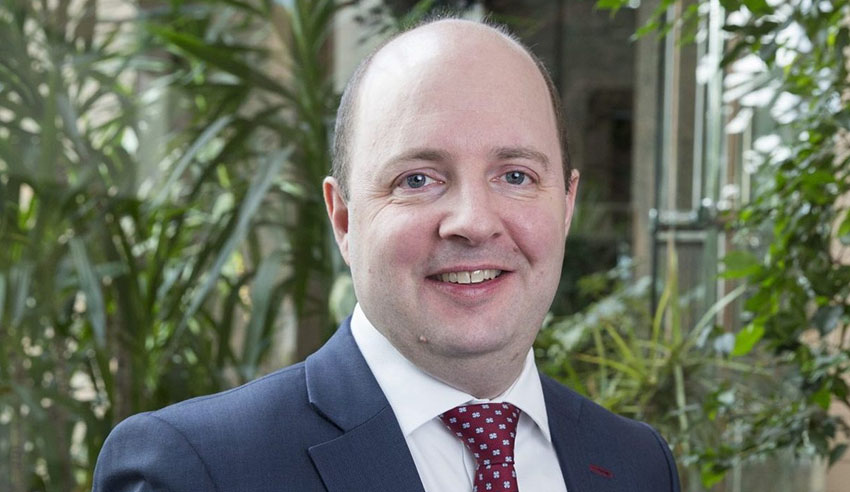Picture the scene, you’re at home after a long, hard day’s work. You’ve just settled down with a glass of wine and your favourite boxset on Stan and you’re feeling relaxed. Then – ping! – your WhatsApp alerts you to a message from your client, asking a question about a deal you’re working on for them, writes Matthew Kay.

You answer the questions but then they ask how you are, and the conversation turns to general chit chat and you end up talking about your favourite new show.
It goes without saying that people tend to act differently at work with colleagues and clients, when compared to at home, with family and friends. These ‘work’ personas tend to be more stoic, show less feeling and less vulnerability. But with these blurring lines, these distinctions are getting less obvious and this isn’t always a bad thing – indeed, some businesses and commentators encourage people to bring their ‘whole self’ to work.
Author and speaker Mike Robbins writes about this exact topic; in his TED Talk, Mike talks about why bringing your whole self to work is positive. He believes showing more vulnerability makes better business leaders. Specifically, because he has found showing vulnerability drives trust and personal connections. Vulnerability or the willingness to put yourself out there also often boosts innovation – you can’t truly create change without also becoming vulnerable.
Turning to consider solely the legal profession, a largely traditional sector, it is worth asking if bringing your ‘whole self’ to work is ever appropriate.
You don’t need me to tell you that the profession is under pressure, with new innovations such as AI already shaking up the sector and expected to cause even more change in the coming years. With this sea-change, you could argue that bringing your whole self to work is becoming more important.
As legal work is increasingly siphoned off to AI to improve efficiencies for clients and for lawyers, those personal connections and so-called ‘softer skills’ are more important than ever to grow really strong relationships with clients. This is where bonding over your favourite soccer team or band can prove valuable – at the end of the day, we’re all human and taking a step away from a professional persona is no bad thing.
There are other benefits too – as Mike Robbins states, being more authentic creates trust and in today’s fast-paced world, it also means you’re less likely to suffer from burnout as people tend to be more in touch with their emotions, and other people’s.
This concept of bringing one’s whole self to work may sit more comfortably with some generations compared to others – for example, the lawyers just starting in firms are some of the first to have grown-up with smart phones and social media and more generally a culture of sharing – this blurring of lines between personal and professional may not seem so alien.
However, of course it’s important to have boundaries, respect and to act appropriately as the situation demands. Really the point is about continuity – acting completely differently at work when compared to home could come across as disingenuous and hamper building important relationships with clients.
At Vario, we really value the impact of softer skills and emotional intelligence. For contract lawyers, it is vital they have the skills to be able to parachute into an in-house legal team, integrate and start performing from day one.
Being able to have a friendly chat around the water cooler about last night’s game can be a simple but effective way to quickly grow those relationships.
Because personality traits such as being good under pressure, socially confident and having strong emotional intelligence are so important we actually developed a personality test with a business psychologist to ensure the lawyers we represent are the right fit.
Australians have always enjoyed a more laid-back, non-hierarchical style of working when compared to some countries, but bringing our ‘whole’ selves to work is still a new concept for many – and an interesting one to consider as the workplace, and law firms specifically, continue to evolve.
Matthew Kay is director of Vario for Pinsent Masons.